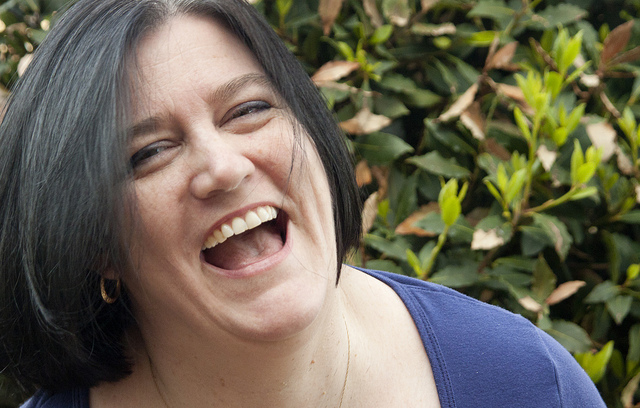
By Camille Malecha, MA, LPC
We have been conditioned to blame our bodies for any limitations or struggles we experience. We hear phrases such as “If only I were thinner, prettier, taller …” and may believe that our bodies are what need to be fixed. What if, rather than trying to change our bodies, we try to change how we view our bodies?
When we have been trained to focus on the flaws of our bodies, it takes some time and practice to get to a loving place. It is not as simple as just deciding one day you are going to love your body.
How can I get from hating my body to loving my body?
This is quite a big jump, so let’s try to break it down into smaller steps that help facilitate change. Love doesn’t have to be the end goal. You don’t need to love your body — acceptance is the essential element of a journey toward positive body image.
The first step is simply being aware of the conversation and relationship you currently have with your body. Being aware of times when you are standing in front of a mirror focusing on your least favorite parts of your body; being aware of times when you are criticizing yourself to a friend or family member or even in your own mind. Being aware allows us to try something different. It allows us to make a choice.
Until we deliberately cultivate this awareness, we may not even know how often we put ourselves down or wish we looked different. And this dialogue has an impact on how we treat ourselves and what our moods look like throughout the day.
Negative body talk can lead to potentially destructive behaviors, such as using dieting to try to change our bodies or isolating due to feelings of inadequacy. Knowing how we think about our bodies, and then how we treat our bodies in response to that thinking, allows us to decide to make a shift.
We can move away from these negative thoughts, and towards showing respect for our bodies.
We can start to recognize the need for the body to have proper nutrients from all food groups, the need to care for our bodies through appropriate hygiene, and the need to keep our bodies free from harmful drugs or substances. It means building an awareness that our bodies work to keep us alive, our hearts beating, our lungs filling up with air, and we need to respect our bodies in return.
Appreciation and gratitude are the next areas of change. I can certainly appreciate that I have eyes to see a beautiful sunset, ears to listen to my favorite music, and arms to hug my family. Even if I struggle with feeling like my thighs are fat, I can appreciate that my legs are a part of me. Notice how it may feel different to say “my thighs are fat” compared to “my thighs are strong and are a part of my whole body and self.” The idea is to not discredit the negative feelings that you may experience, and to work instead on incorporating positive and appreciative thoughts and feelings about the body.
This shift allows us to move from seeing our bodies as wrong and flawed to acknowledging the power and function that our bodies have. Can you appreciate each body part for the function it serves? Can you appreciate the experiences your body allows you to have? Can you appreciate what makes you unique from someone else?
Appreciating the body and accentuating the positive allows a space for body acceptance, even though it is not perfect. It means being aware of the reality that we only have the body that we have, and we can appreciate and accept it.
Acceptance doesn’t mean we have to like or approve of our bodies. It simply means acknowledging what is. It means the peace of no longer needing to fight with or fix the body. It means giving up the battle of not being enough, and knowing that our bodies are exactly as they need to be.
Acceptance is freedom. It allows for an opportunity to notice the beauty in the body. Acceptance is a place where one can take another step further and facilitate a loving relationship and dialogue with oneself.
Acceptance opens the door to love.
Camille Malecha is an eating disorder specialist at Timberline Knolls Residential Treatment Center, located just outside of Chicago. She received a bachelor’s degree in psychology and sociology from Augustana College. In 2012, she attended Roosevelt University and obtained a master’s degree in clinical professional psychology. She began working at Timberline Knolls in January 2013 as a behavioral health specialist and has been in her current position for two years. Camille works with women and adolescent girls struggling with eating disorders, addiction, trauma, and mood and co-occurring disorders.
4 thoughts on “Transforming Negative Body Image Into Body Acceptance”